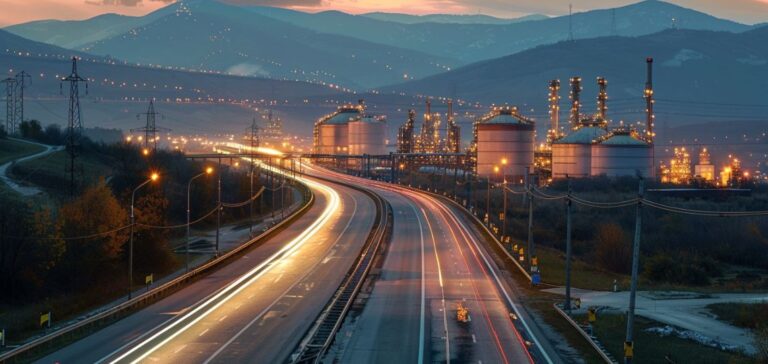Prime Minister of the Slovak Republic Robert Fico stated on 20 March that ongoing negotiations with Azerbaijan concerning a gas swap agreement were facing multiple technical barriers. The operation aims to sustain gas transit via Ukraine by replacing Russian gas with equivalent volumes supplied from Azerbaijan. This proposal followed the suspension of gas flows through Ukraine on 1 January.
Constraints of the substitution mechanism
Speaking before the European Affairs Committee of the Slovak Parliament, Mr Fico noted that “all sorts of technical problems” were hampering the implementation of such a mechanism. He emphasised that talks with Baku were continuing, but the most stable route remained a return to conventional transit through Ukraine, under the framework of peace negotiations. He added that such a resolution would mitigate market speculation and logistical complications.
Mr Fico specified that gas imports in the region had seen a price increase estimated at 10% since the halt of Ukrainian transit. He attributed this rise to political decisions in the energy domain, arguing that they do not align with economic realities.
Criticism of European energy plans
The Slovak leader also criticised the European Commission’s roadmap to reduce energy dependence on Russia. According to him, Western Europe cannot operate without gas supply from the East. He warned that the administrative measures proposed to lower energy prices were unlikely to be effective, pointing to a persistent price gap between European and American gas.
Mr Fico linked his country’s support for further European Union sanctions against the Russian Federation to the condition that they do not undermine diplomatic prospects or Slovakia’s strategic energy interests. He stated that existing sanctions had little observable impact on daily life in Russia, while highlighting risks to Slovakia’s nuclear sector if restrictions were expanded.
Nuclear challenges and persistent dependencies
Slovakia generates nearly two-thirds of its electricity from nuclear energy, primarily through five VVER 440/213 reactors operated by the national utility Slovenské Elektrárne. These Soviet-designed reactors continue to rely on fuel supplied by Russia. The country also remains a net exporter of electricity to neighbouring nations, reinforcing the strategic value of its nuclear infrastructure.





















